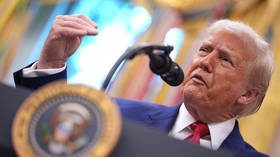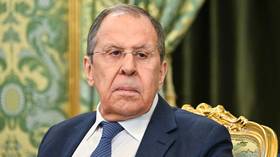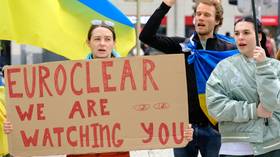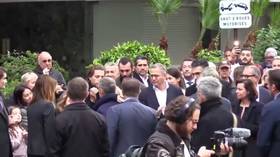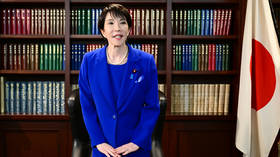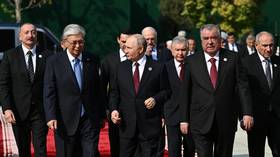China hits back against US ‘coercion’
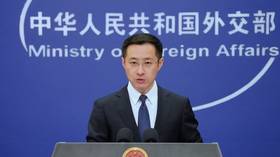
China has accused the US of breaching a recent trade agreement, saying Washington’s “harmful” restrictions and “coercion” were not the right way to engage with Beijing.
US President Donald Trump last week claimed that Beijing had “totally violated” the May 12 agreement reached in Geneva but offered no details. The consensus suspended most new tariffs imposed since early April and aimed to stabilize relations between the world’s two largest economies.
Chinese Foreign Ministry spokesperson Lin Jian rejected the accusation, telling a regular press briefing on Tuesday that China had been “responsibly and faithfully implementing the consensus” despite Washington’s “false” claims.
He said Beijing strongly opposed what he described as “harmful extreme measures,” including the latest US chip export controls, a block on electronic design automation (EDA) sales, and a pledge to revoke Chinese students’ visas.
“Let us stress once again that pressuring and coercion are not the right way to engage China,” the spokesman said, calling on the US to stop spreading disinformation.
Last week, multiple outlets reported that the Trump administration had ordered US firms to halt shipments of advanced goods to China, including chip design software and specialty chemicals. Experts warned the decision would likely inflame tensions.
As part of the Geneva agreement, the US had paused a 34% tariff hike introduced on April 2 for 90 days, at which point Beijing took reciprocal action. Both sides also pledged to roll back the post-April 8 tariff increases while keeping a baseline 10% duty on mutual imports.
Beijing also agreed to ease certain non-tariff barriers on US goods starting May 14. However, US Trade Representative Jamieson Greer said last week that China had not yet lifted some of those restrictions.
Trade tensions escalated sharply on April 2 when Trump imposed sweeping new duties on imports from more than 90 countries, including China, citing trade imbalances. Beijing retaliated, which led to Trump hiking US tariffs on Chinese goods to 145%, while Chinese duties on US goods reached 125%.
The US extended tariff exemptions for 164 Chinese products through August 31, according to a notice by the US trade office published earlier this week. The list covers semiconductors, telecom equipment, aerospace items, and medical device components. Waivers for 14 types of solar panel gear remain in place.
White House press secretary Karoline Leavitt told reporters on Monday that Trump and Chinese President Xi Jinping would “likely talk this week.” Lin said he had no information to share on the matter.
